Keywords: Indigenous Rights
There are more than 200 results, only the first 200 are displayed here.
-
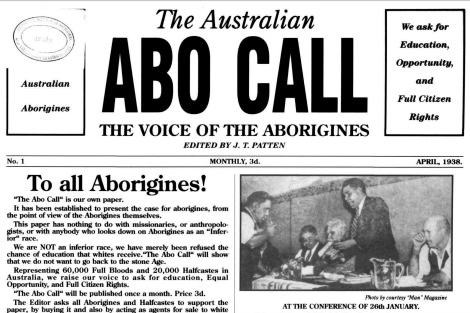
AUSTRALIA
- Dani Larkin
- 09 January 2018
In the face of historically low levels of Indigenous representation in our parliaments, the Indigenous caucus between Commonwealth, State and Territory Labor representatives points to some progress. But we have a long way to go.
READ MORE 
-
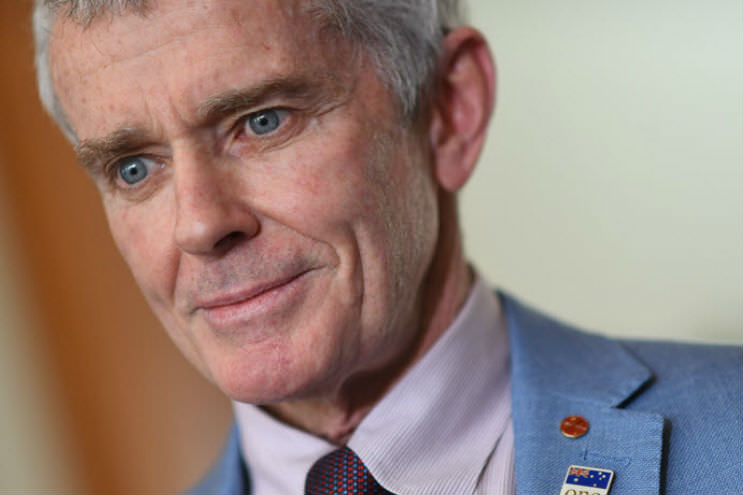
AUSTRALIA
- Celeste Liddle
- 09 January 2018
4 Comments
It seemed enough for many 'progressives' that the majority of the people who had fallen by the dual citizenship wayside were Coalition members, with the added bonus of Malcolm Roberts. I began to wonder why what is essentially an issue of racism and discrimination was not considered a priority for those who state they believe in social justice.
READ MORE 
-
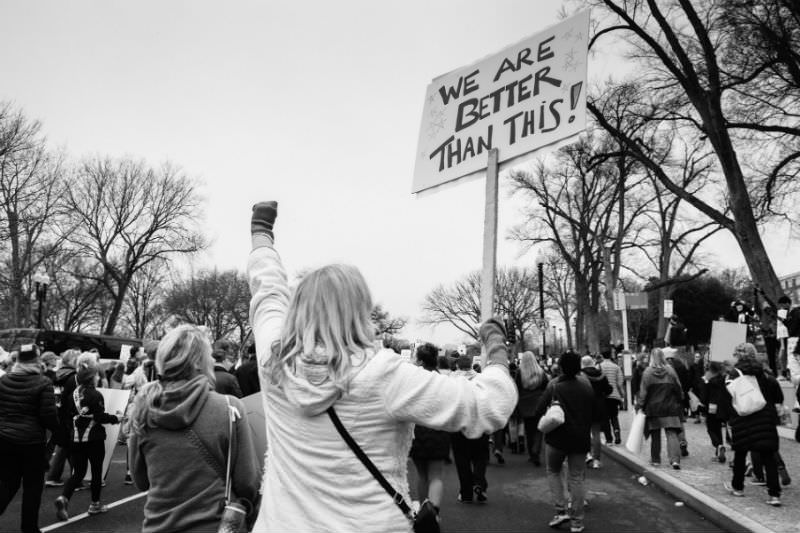
AUSTRALIA
- Marta Skrabacz
- 04 December 2017
4 Comments
There’s no reason to judge the success of a protest by whether it achieved its desired outcome: the adage ‘it’s a marathon, not a sprint’ rings true. Effective change is a matter of increment; it has to happen at every strata of society. Protests bear the brunt of proving success, when the burden for change actually exists with the system they’re opposing.
READ MORE 
-

AUSTRALIA
- Kate Galloway
- 21 November 2017
2 Comments
The common thread through all of these stories is the need to have a mature conversation about the ways in which we can afford a meaningful voice to our communities. If human rights are the benchmark, then rights must be afforded to all. It is not right that those with the least power must continue to compromise.
READ MORE 
-
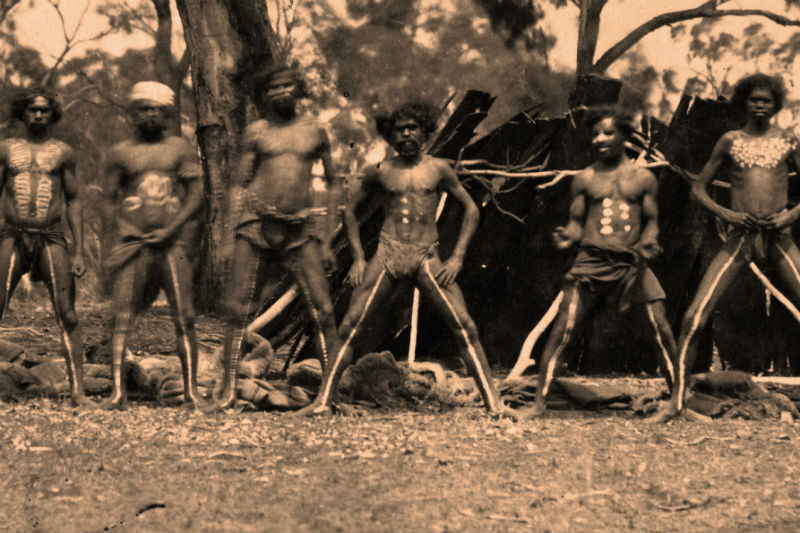
AUSTRALIA
- Andrew Hamilton
- 21 November 2017
4 Comments
Turnbull has been widely criticised for refusing a recommendation by the Referendum Council to enshrine a national Indigenous representative council, saying it was 'contrary to the principles of equality and citizenship'. A recent book provides a rich perspective for reflecting on his decision.
READ MORE 
-
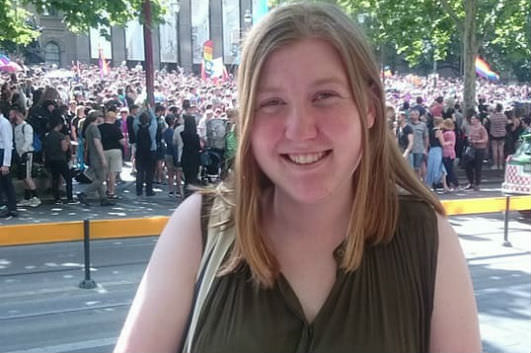
AUSTRALIA
- Neve Mahoney
- 15 November 2017
27 Comments
In the ensuing debate, we shouldn't let ourselves forget that this postal vote never should have happened in the first place, and nothing like this should happen again to any minority group. The public voting yes or no on human rights is not what democracy looks like.
READ MORE 
-

AUSTRALIA
- Celeste Liddle
- 13 November 2017
11 Comments
It seemed enough for many 'progressives' that the majority of the people who had fallen by the dual citizenship wayside were Coalition members, with the added bonus of Malcolm Roberts. I began to wonder why what is essentially an issue of racism and discrimination was not considered a priority for those who state they believe in social justice.
READ MORE 
-
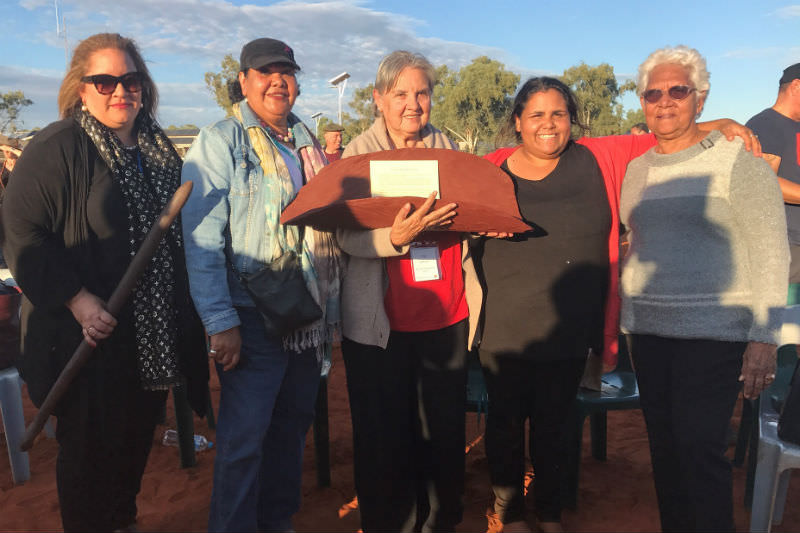
AUSTRALIA
- Anastasia Moore
- 02 November 2017
8 Comments
Why go to the trouble of gathering all the great minds to discuss the issue of recognition, giving hope to a great many people, only to determine the idea 'too ambitious'? What right does Turnbull have to predetermine what Australians will or won't accept? This question could be put to Australians in a referendum.
READ MORE 
-
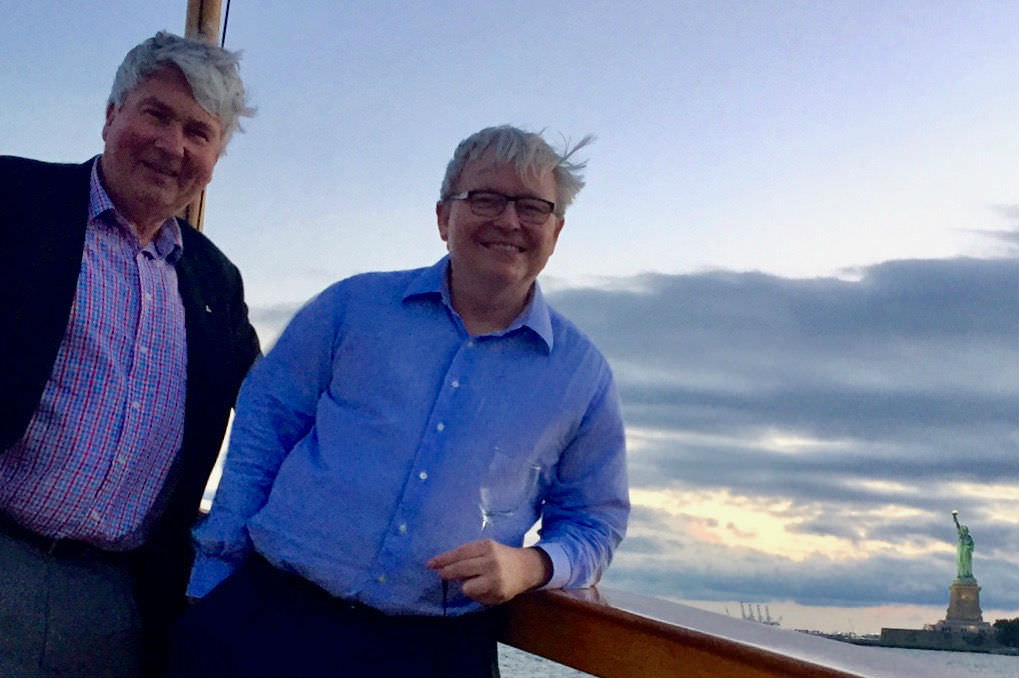
AUSTRALIA
- Frank Brennan
- 30 October 2017
9 Comments
The ogre in the book is John Howard, whom Rudd holds personally responsible for the attacks on Therese's decency and integrity in the lead up to the 2007 election. Rudd contends this 'cowardly behaviour' should not be forgotten, 'If only because this same ruthlessness remains a core part of the conservative DNA to this day'.
READ MORE 
-
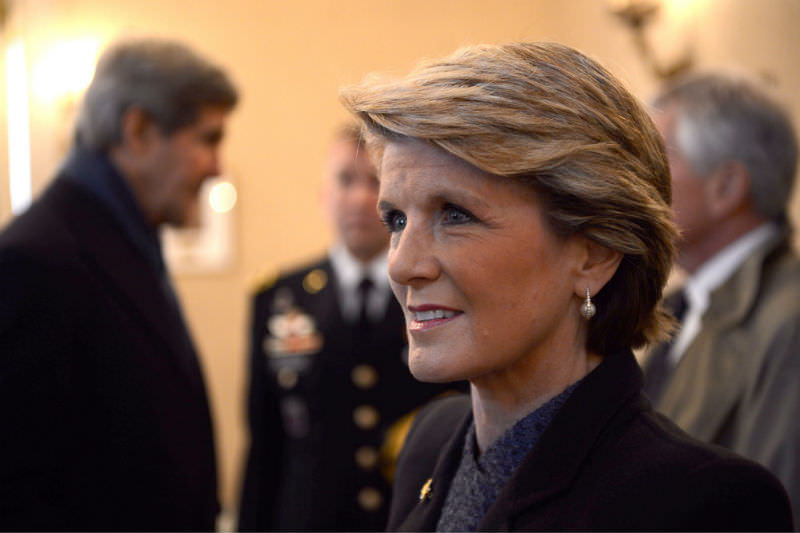
AUSTRALIA
- Kate Galloway
- 25 October 2017
5 Comments
Within the one week, the UN announced Australia would be joining the Human Rights Council, and the UN Human Rights Committee criticised Australia for 'chronic non-compliance'. The dissonance of these two stories calls into question Australia's commitment to human rights, even as it proclaims its global human rights leadership.
READ MORE 
-

INTERNATIONAL
- Frank Brennan
- 12 October 2017
In the 16th century it was the Dominican friars like Vitoria, Las Casas and Montesino in Salamanca who confronted the state and challenged public opinion about the rights of the indigenous peoples in Spain's newly colonised lands. Not even the most nostalgic and forgiving Jesuit would opine that the modern practitioners of Morality with a capital M challenging the powers of the market and the state would be found in a modern monastery.
READ MORE
-
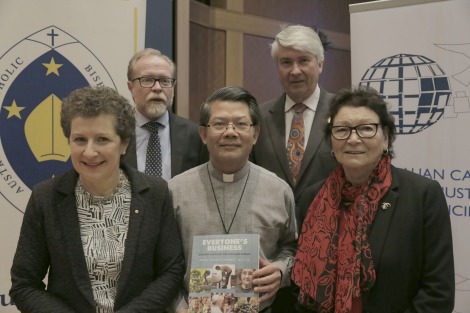
RELIGION
- Frank Brennan
- 11 September 2017
2 Comments
The real call of Everyone's Business is to move beyond them and us to admitting that there is only us. If we are truly to build an inclusive and sustainable economy, it can't be just those in full time paid employment who are part of that economy. We take seriously the principles of neo-liberalism, letting the market decide. But we set limits on the market for the common good.
READ MORE